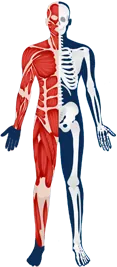- Home
- Browse by Disease
- Complex regional pain syndrome
Complex regional pain syndrome
- Other Names:
algodystrophy; complex regional pain syndromes; crps - complex regional pain syndromealgodystrophy; complex regional pain syndromes; crps - complex regional pain syndrome
Read More
Read Less








